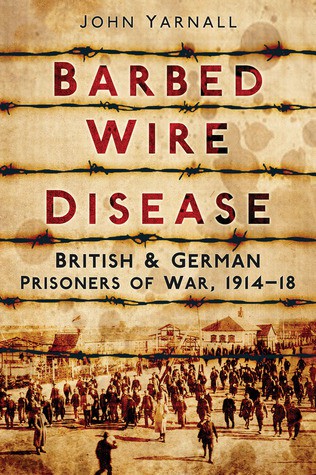
Barbed Wire Disease: British & German Prisoners of War, 1914-1918 PDF
Preview Barbed Wire Disease: British & German Prisoners of War, 1914-1918
By the time of the Armistice in 1918, some 6.5 million prisoners of war were held by the belligerents. Little has been written about these prisoners, possibly because the story is not one of unmitigated hardship and cruelty. Nevertheless, hardships did occur and the alleged neglect and ill-treatment of prisoners captured on the Western Front became the subject of major propaganda campaigns in Britain and Germany as the war progressed. Barbed Wire Disease looks at the conditions facing those prisoners and the claims and counter-claims relating to their treatment. At the same time, it sets the story in the wider context of the commitment by both governments to treat prisoners humanely in accordance with the recently agreed Hague and Geneva Conventions. The political and diplomatic efforts to achieve this are examined in detail, and it concludes by examining the failed first-ever efforts to bring war criminals to justice before international tribunals.
